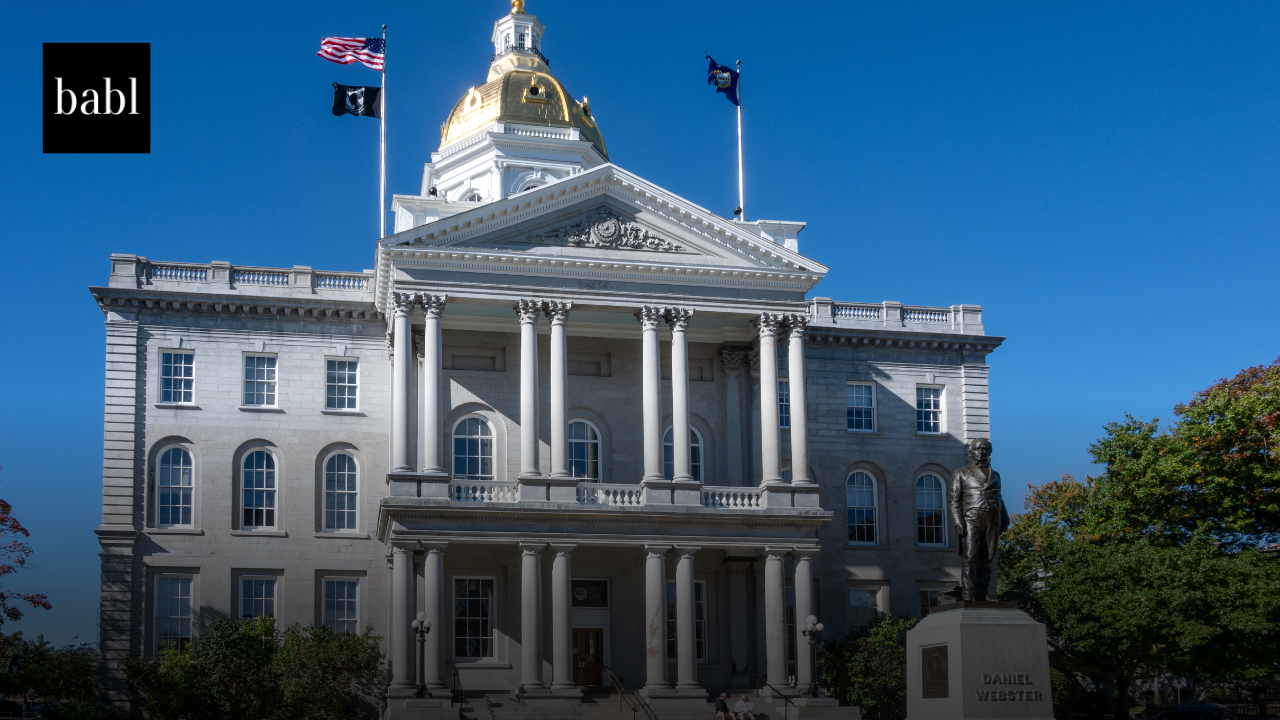UPDATE — AUGUST 2025: In June 2025, Steven Kramer was acquitted of all criminal charges linked to AI-generated robocalls that mimicked President Biden and reached New Hampshire voters before the state’s 2024 Democratic Presidential Primary. Kramer had faced 13 felony voter suppression charges and 13 misdemeanor impersonation charges. A New Hampshire jury found him not guilty on all counts after a high-profile trial.
He admitted to organizing the calls but argued they were political commentary meant to highlight risks of AI in elections, not to mislead voters. His defense stressed that the calls never directly named President Biden or contained messages that met the state’s legal standard for voter suppression. The jury agreed, underscoring current legal gaps in addressing synthetic media and election interference.
Although the criminal case is over, Kramer still faces a $6 million civil penalty from the FCC for violating federal robocall and spoofing laws. He has said publicly that he will not pay. The broader federal and state investigation into AI-generated election interference continues. The case has ignited debate on synthetic voice technology, disinformation, and whether existing laws are adequate to handle AI’s impact on democracy.
ORIGINAL NEWS STORY:
Individual Charged with Voter Suppression Over AI-Generated President Biden Robocalls
In a significant development on May 23, New Hampshire Attorney General John M. Formella announced the indictment of Steven Kramer, 54, of New Orleans, LA, on charges of felony voter suppression and misdemeanor impersonation of a candidate. The charges stem from an investigation into misleading AI robocalls targeting New Hampshire voters.
On January 22, 2024, the Attorney General’s Office revealed that it was investigating robocalls sent to thousands of voters. The calls used an AI-generated voice that sounded like President Biden. They urged recipients to “save [their] vote for the November election” and claimed, “Your vote makes a difference in November, not this Tuesday.” Investigators said the calls appeared spoofed to look like they came from the treasurer of a committee backing Biden’s write-in campaign for the primary.
Charges
Formella’s office charged Kramer with:
-
13 felony counts of voter suppression under RSA 659:40, III.
-
13 misdemeanor counts of impersonation of a candidate under RSA 666:7-a.
The charges were spread across four counties based on where the affected voters lived: Rockingham (five counts), Belknap (three), Grafton (three), and Merrimack (two).
“New Hampshire remains committed to ensuring that our elections are free from unlawful interference, and our investigation into this matter continues,” Formella said at the time. He added that the FCC would also bring enforcement action.
New Hampshire Statutes
RSA 659:40, III prohibits attempts to prevent or deter voting through deceptive or fraudulent information. Prosecutors alleged Kramer violated this statute by transmitting prerecorded calls with spoofed sources and misleading messages. RSA 666:7-a makes it a misdemeanor to place a call while falsely representing oneself as a candidate. Authorities argued Kramer knowingly did so through the AI-generated calls. Formella emphasized that Kramer was presumed innocent until proven guilty. Assistant Attorneys General Brendan O’Donnell and Matthew Conley led the prosecution, with Investigator Richard Tracy overseeing the case.
Active Investigation
Even after Kramer’s indictment, investigators continued to pursue other possible actors involved in the calls. Federal and state officials stressed that protecting the electoral process from AI-enabled interference remained a priority.
Need Help?
It’s tough keeping track of the AI regulatory landscape. Which is why you should consider reaching out to BABL AI. Their team of Audit Experts is ready to offer valuable insight while answers your questions and concerns.





